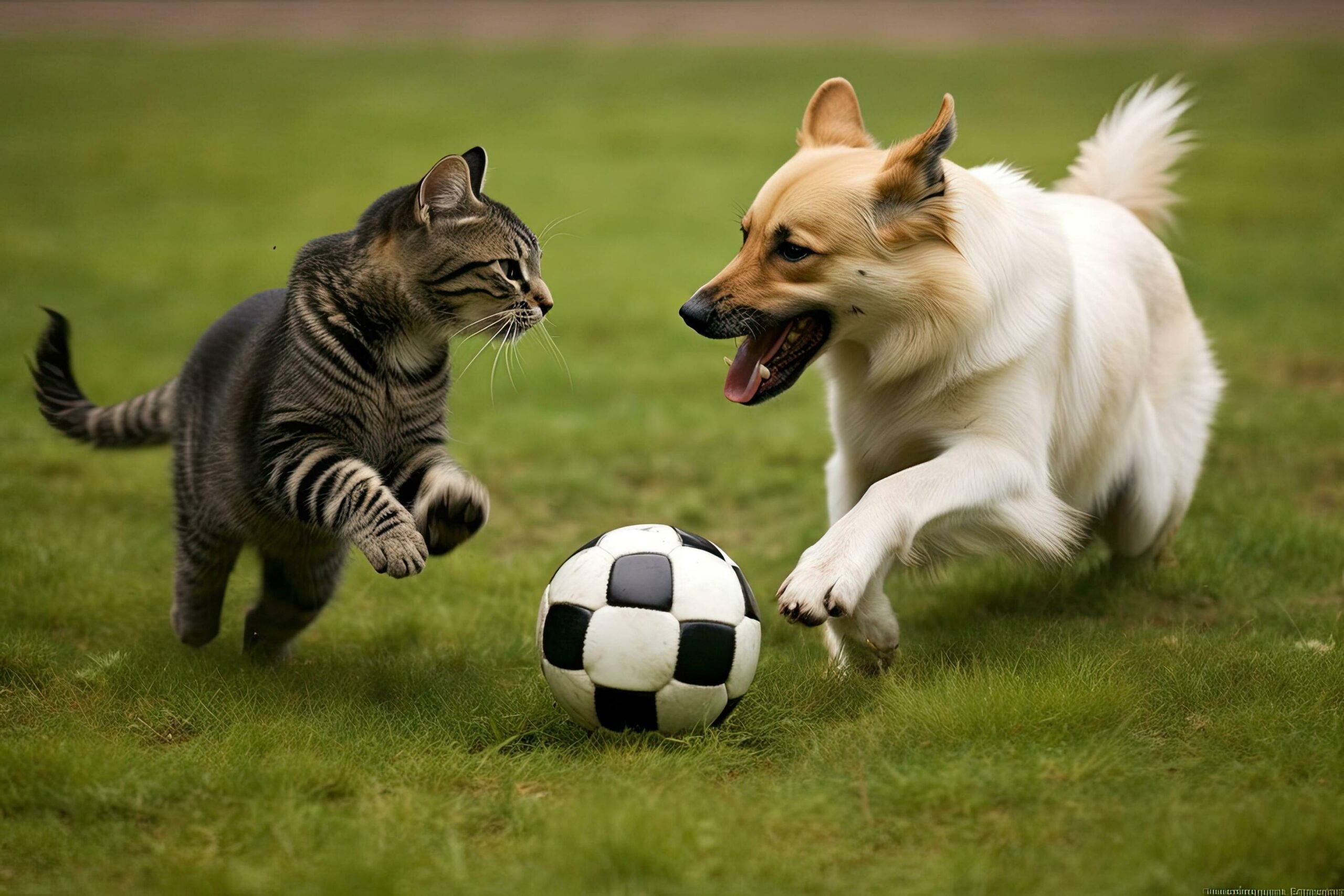Caring for your furry friend is a way to show love that thrives on routine. Whether you’re looking after a spirited Corgi, a gentle Spaniel, an independent Persian cat, or a playful tabby, having a set schedule helps your pet stay healthy and happy. Here, you’ll find practical and creative tips for organizing the daily lives of dogs and cats of all sizes.
Why Routine is Important
Animals feel more secure when things happen the same way every day. Having set times for eating, playing, resting, and grooming helps reduce anxiety, create good habits, and strengthen the bond between you and your pet. A daily routine supports everything from digestion and sleep to behavior and lifetime health.
1. Meals and Water
Feeding Schedule:
- Small Dogs and Cats: Serve two to three meals per day, always at the same times.
- Medium Dogs: Feed them twice a day—morning and evening—to maintain energy levels.
- Large Dogs: Provide two large meals to help manage weight.
Tip: For all animals, keep water bowls filled with clean water and wash them at least once a day to support their health.
2. Exercise and Mental Stimulation
Cats and Small Dogs: Engage them for 20 to 30 minutes with want toys, fetch, or short walks.
Medium Dogs: Aim for 45 to 60 minutes of activity, including walks, skill games, and even light jogging if they enjoy it.
Large Dogs: Energize big breeds with 60 to 90 minutes of activities such as walks, brisk outings, and puzzle games.
Enrichment: Rotate toys, create scent challenges, or change play environments to keep them mentally engaged.
End-of-Day Ritual: Light grooming or gentle play helps pets relax before bedtime.
3. Grooming and Hygiene
Cats:
- Short-haired: Brush twice a week to keep their coat healthy.
- Long-haired: Daily brushing is essential to avoid tangles and hairballs.
- Clean litter boxes at least once a day to maintain cleanliness and odor control.
Dogs:
- Small Breeds: Brush once a week and bathe once a month.
- Medium/Large Breeds: More frequent brushing if they have long hair; bathe as needed.
- All: Check ears and trim nails every 2–3 weeks, and brush teeth three times per week.
4. Health Care and Veterinary Visits
Check-ups: Adults should have annual examinations, and pets older than seven years should be checked every six months.
Puppies/Kittens: Schedule frequent visits until they complete their vaccinations.
Vaccinations and Parasites: Follow your vet’s advice on vaccinations and parasite prevention.
Daily Check: Spend a moment each day observing whether your pet is eating well, moving around, and appearing healthy and energetic; this helps prevent issues.
Spaying/Neutering: Schedule surgery as recommended by your vet, considering your pet’s breed and age.
5. Training and Behavioral Support
Social Skills: Calm introductions to new people, animals, and environments help build confidence.
Routine Commands: Use simple words like “sit,” “wait,” or “stay” throughout your daily routines.
Calm Evenings: Brush or cuddle your pet after playtime to help them settle down before sleep.
Sleep Schedule: Dim the lights and provide a comfortable sleeping area at night; a last walk or bathroom break before bed promotes restful sleep.
Example Daily Routine
| Time | Small Pet | Medium Dog | Large Dog | Cat |
|---|---|---|---|---|
| 7 a.m. | Morning meal | Morning meal | Morning meal | Breakfast & playtime |
| 8 a.m. | Short play session | 30-minute walk | Walk & grooming | Clean litter & affection |
| 12 p.m. | Snack or interactive toy | Potty break & rest | Chew or puzzle activity | Nap & light play |
| 3 p.m. | Rest/play | Training walk | Structured outdoor time | Feeding & environmental play |
| 6 p.m. | Dinner | Dinner | Dinner | Evening meal & grooming |
| 8 p.m. | Grooming or cuddle | Calm walk | Relaxation activity | Nightly cuddle |
| 10 p.m. | Bedtime/potty break | Bedtime/potty break | Last potty/walk | Litter scoop & sleep time |
Simple Tips for Daily Success
- Feed on schedule and measure portions each time.
- Prioritize daily or weekly grooming, and trim nails as needed.
- Incorporate basic obedience training into daily activities for mental stimulation.
- Refresh water daily and sanitize all food/water bowls.
- Observe your pet’s habits—minor changes can indicate early health needs.
- End each day with calm, routine bedtime cues.
Special Attention:
A tailored daily plan transforms your home into a comfortable, secure, and happy place for your pet. With scheduled meals, engaging activities, loving care, and enjoyable training, you help your dog or cat develop healthy habits that last a lifetime.
